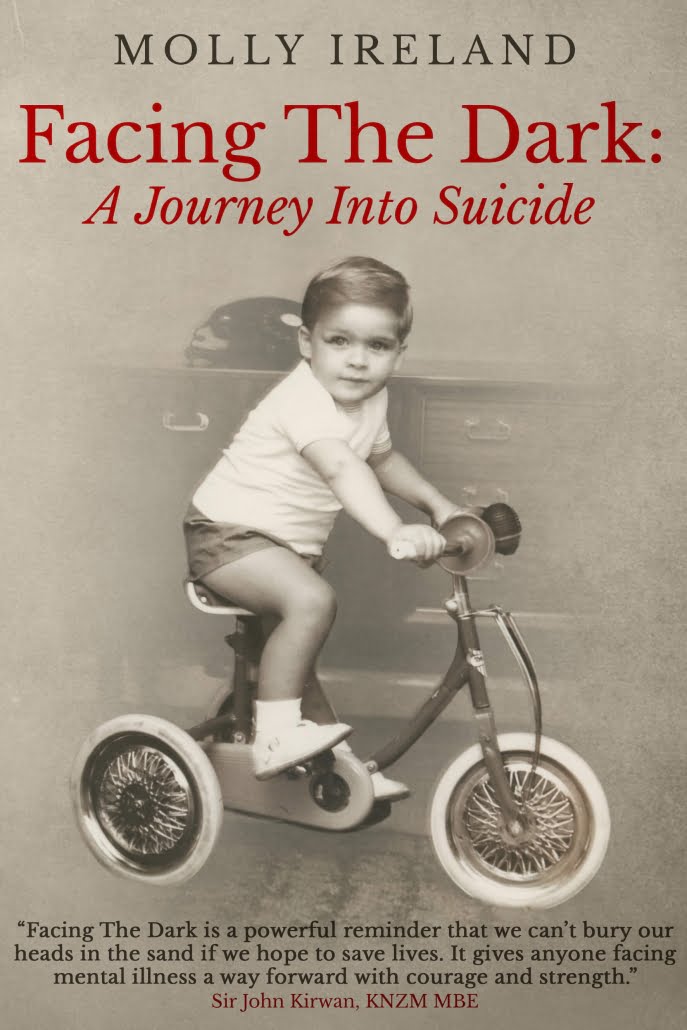The Social Media Muse
Navigating Social Media
Recently, the number of questions I’ve received from my younger clients asking how they can manage their relationships with social media in healthier ways has surprised me. Not that the questions aren’t relevant but just because of their source. Most teens and young adults today have grown up online and feel as if it is their second home.
Yet, for them to question their interactions online means that we’re reaching some sort of critical threshold.
Young people are becoming far less tolerant of the constant bombardment of other people’s opinions through social media posts and the comments and the inherent judgments or agendas that come with them. And, this is a healthy trend because it means we’re starting to ask:
Does the way I’m using social media enhance or deplete my spirit?
Until recently, I don’t think there was a willingness among young people to ask this critical question. And with it to really look at social media as something we need to control in our lives rather than having it control us.
So what do we do?
First and foremost, we need to think of social media as an extension of our values and what’s important in our lives and within ourselves. If we won’t tolerate it in person, then we shouldn’t tolerate it online either. In other words, we have to think about which social media content and users we repeatedly expose ourselves to and find ways to participate which are more uplifting and kind. And this requires a few guidelines.
Social Media 101
- Limit your exposure to content and users that bring you down. Only interact with and follow people who make you smile!
- Read behind the words or images to feel the positivity or negativity of the messages they contain. Sometimes criticism and fear-based language can be extremely subtle.
- Only contribute positively online: the ole’ saying “if you don’t have something nice to say, don’t say anything at all” may feel old fashioned but couldn’t be more useful, especially during online interactions.
- Be generous with praise online and give credit where credit is due.
- Enjoy social media during the middle part of the day only. This means avoid picking up your phone first thing in the morning or last thing at night. This is because during these critical times, you are more vulnerable to negativity and judgment.
For people with Highly Sensitive Temperments (HSP) it is especially important to consider to follow these guidelines. If you’re a parent of an HSP child or young adult wanting help to create a social world that uplifts rather than deflates, get in touch.
Because, if we could all see social media as a way to connect positively with one another and spread more joy rather than fear, then this powerful social tool will help magnify our spirits both individually and collectively.






